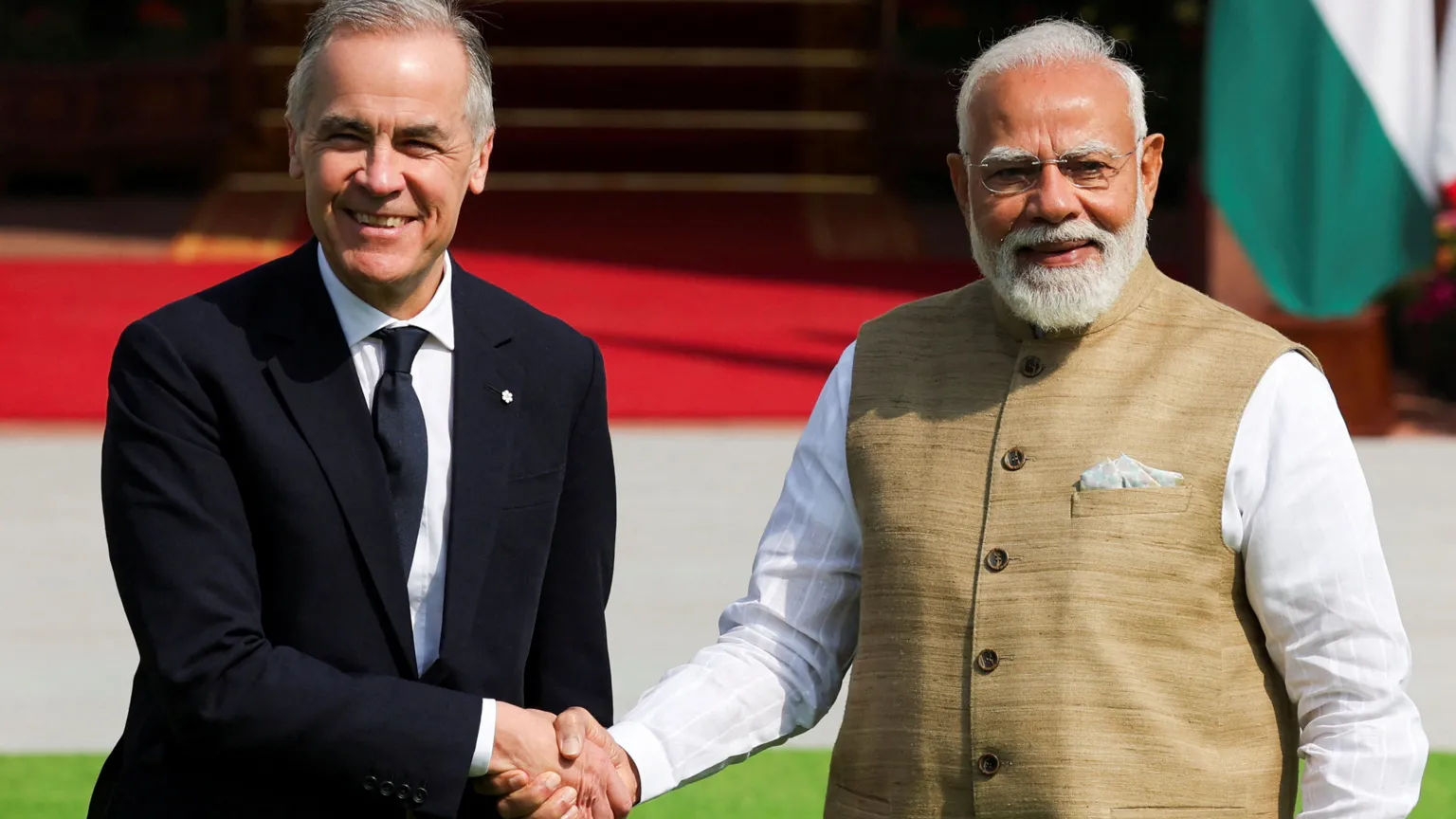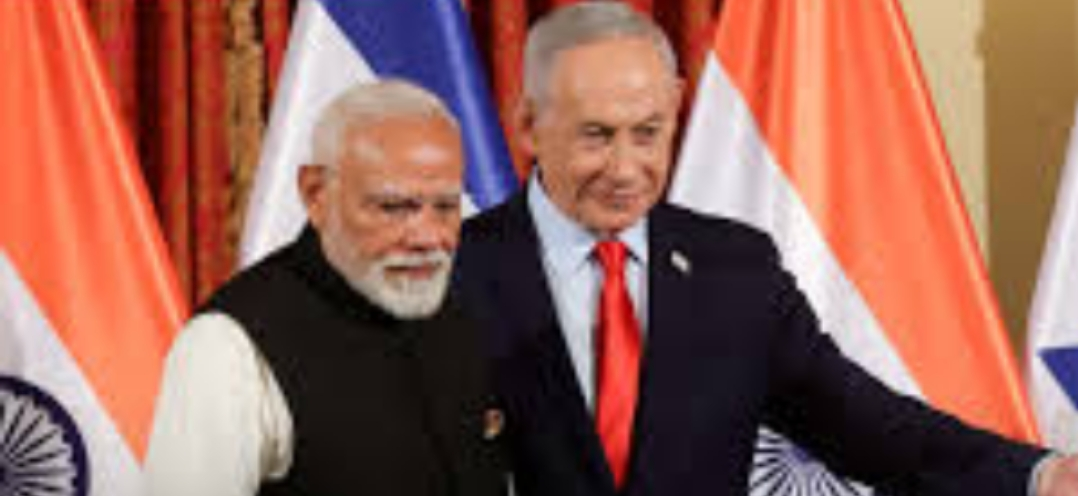India has taken a bold stand against China, asserting that only the Dalai Lama can choose his successor. This move, announced on July 4, 2025, has stirred global attention. The decision comes as the Dalai Lama, now 90, prepares to celebrate his birthday in Dharamshala, India. The issue is not just about religion; it’s about freedom, tradition, and global politics. Here at AMERICA NEWS WORLD, we dive into why this matters and what it means for the world.
The Heart of the Dispute
The Dalai Lama, a global symbol of peace, has lived in exile in India since 1959. He fled Tibet after a failed uprising against Chinese rule. Now, as he ages, the question of who will succeed him has become urgent. China claims it has the right to approve the next Dalai Lama, citing its laws and a historical “Golden Urn” process. However, the Dalai Lama insists that only he and the Gaden Phodrang Trust, a non-profit he founded, can make this choice. India supports this stance, rejecting China’s interference as “unwarranted.”
Kiren Rijiju, India’s Parliamentary Affairs Minister, spoke clearly on this. “The Dalai Lama’s position is vital for millions worldwide. Only he can decide his successor, following Tibetan Buddhist traditions,” he said. This statement, reported by The Times of India, underscores India’s commitment to religious freedom. It also highlights the tension between India and China, especially after border clashes in 2020.
Why This Matters
The Dalai Lama is more than a spiritual leader. For Tibetans, he represents hope and cultural identity. For China, he’s a challenge to their control over Tibet. Beijing labels him a “splittist,” accusing him of seeking Tibetan independence. Yet, the Dalai Lama has long said he wants autonomy, not separation. His global following, including Hollywood stars and cultural elites, makes him a powerful figure. This influence frustrates China, which wants to control Tibetan Buddhism.
In the 1990s, China appointed its own Panchen Lama, the second-most important figure in Tibetan Buddhism. The boy chosen by the Dalai Lama, Gedhun Choekyi Nyima, vanished and has not been seen since. China’s pick has been rejected by most Tibetans, raising fears of similar interference in the Dalai Lama’s succession. This history fuels India’s firm stance today.
also read:-PAKISTANI TIK TOKER DEATH
also read:-Hamas Agrees to Free 10 Hostages in US Deal
Global Implications
The dispute over the Dalai Lama’s successor isn’t just a religious issue; it’s a geopolitical flashpoint. India, home to the Tibetan government-in-exile, walks a tightrope. It recognizes Tibet as part of China but supports the Dalai Lama’s religious freedom. This balancing act is tricky, especially as India-China relations remain fragile. China’s recent diplomatic moves with Pakistan add another layer of tension.
The United States has also weighed in. In 2020, it passed the Tibetan Policy and Support Act, threatening sanctions on Chinese officials who interfere in the Dalai Lama’s succession. This shows global support for Tibetan autonomy, which aligns with India’s position. Posts on X reflect strong sentiment, with users praising India’s stand as a defense of religious freedom.
Data and Insights
To understand the stakes, let’s look at some numbers:
Aspect
Details
Dalai Lama’s Age
90 years (born 1935)
Tibetan Exiles in India
~100,000
Global Tibetan Diaspora
~140,000
Year of Dalai Lama’s Exile
1959
China’s Law on Reincarnation
Enacted 2007, requires government approval for all Tibetan Buddhist lamas
Source: Compiled from various reports, including The Guardian
These figures highlight the scale of the Tibetan diaspora and the long-standing nature of this issue. The Dalai Lama’s decision to entrust the Gaden Phodrang Trust ensures that the selection process remains rooted in tradition, not politics.
Visualizing the Issue
also read:-RECITAL BLOG
As the Dalai Lama’s 90th birthday approaches, India’s support sends a clear message: Tibetan traditions must be respected. Kiren Rijiju and Minister Lalan Singh will attend celebrations in Dharamshala, showing India’s commitment. However, China’s insistence on control could lead to a dual succession, with Beijing appointing its own Dalai Lama. This could deepen tensions, not just between India and China but globally.
For readers in the USA, India, and beyond, this issue is a reminder of the fight for cultural and religious freedom. At AMERICA NEWS WORLD, we’ll keep tracking this story. Stay informed, share your thoughts, and join the conversation on social media.
Discover more from AMERICA NEWS WORLD
Subscribe to get the latest posts sent to your email.



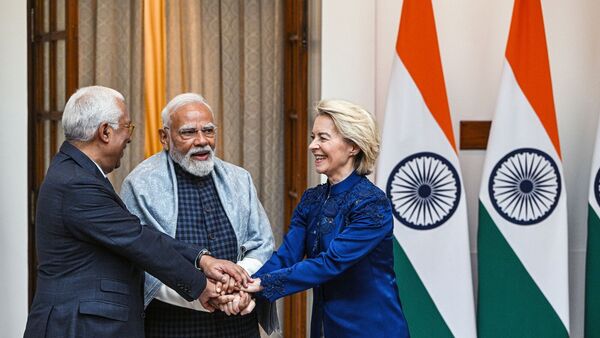
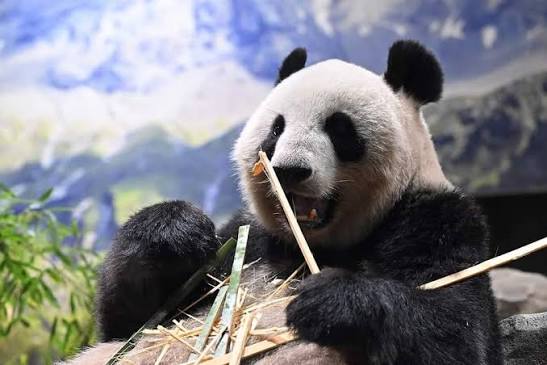

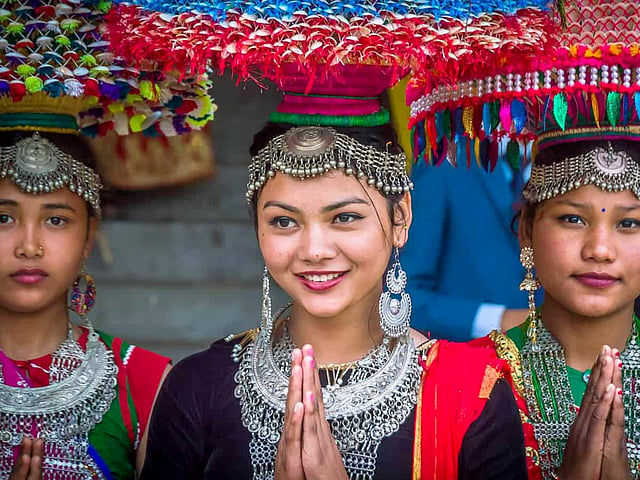

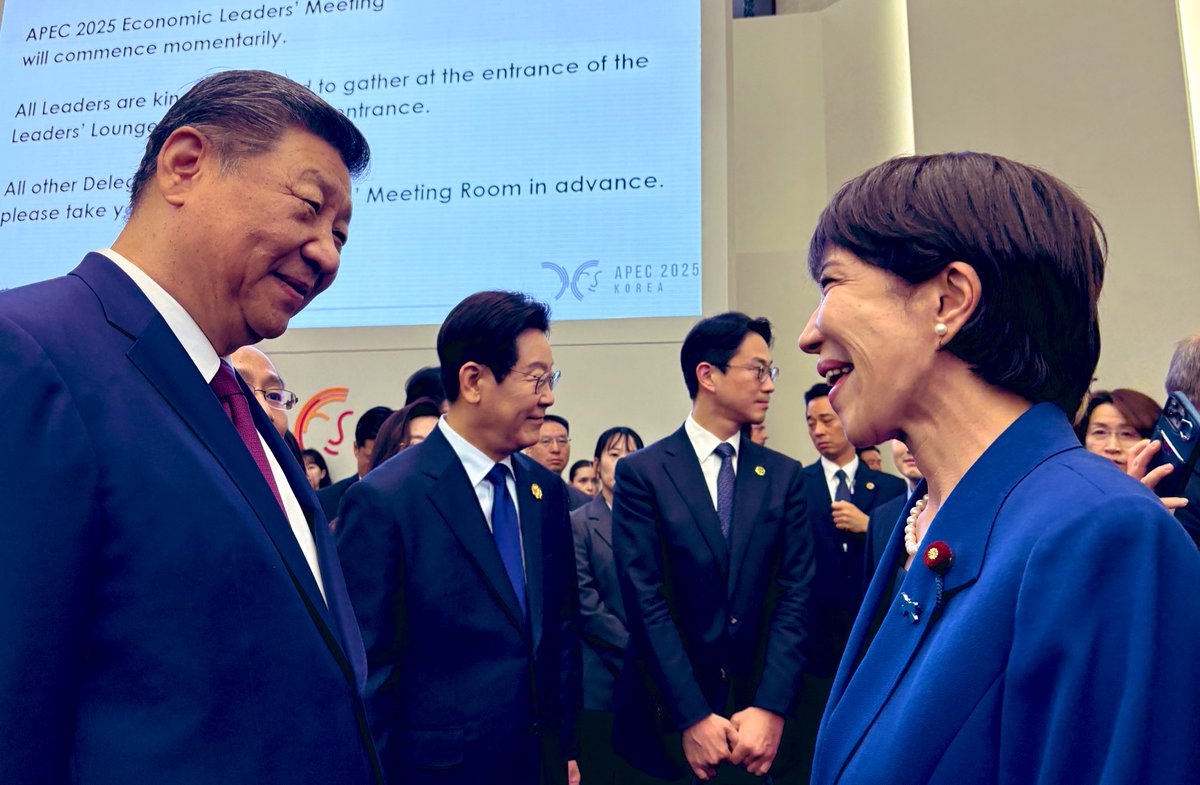
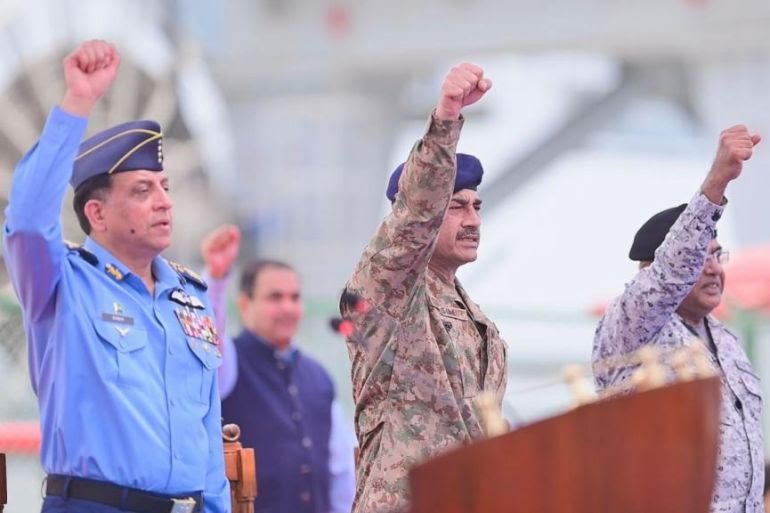


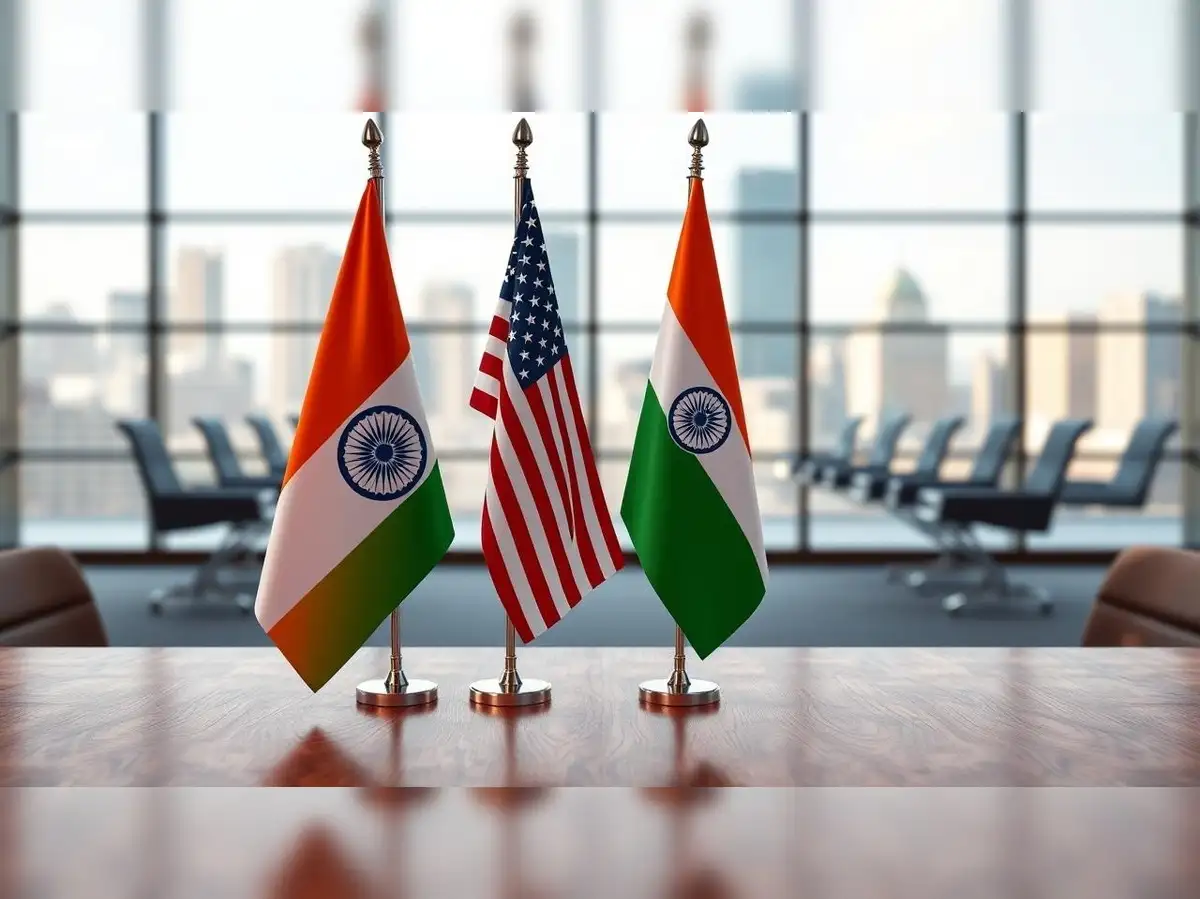
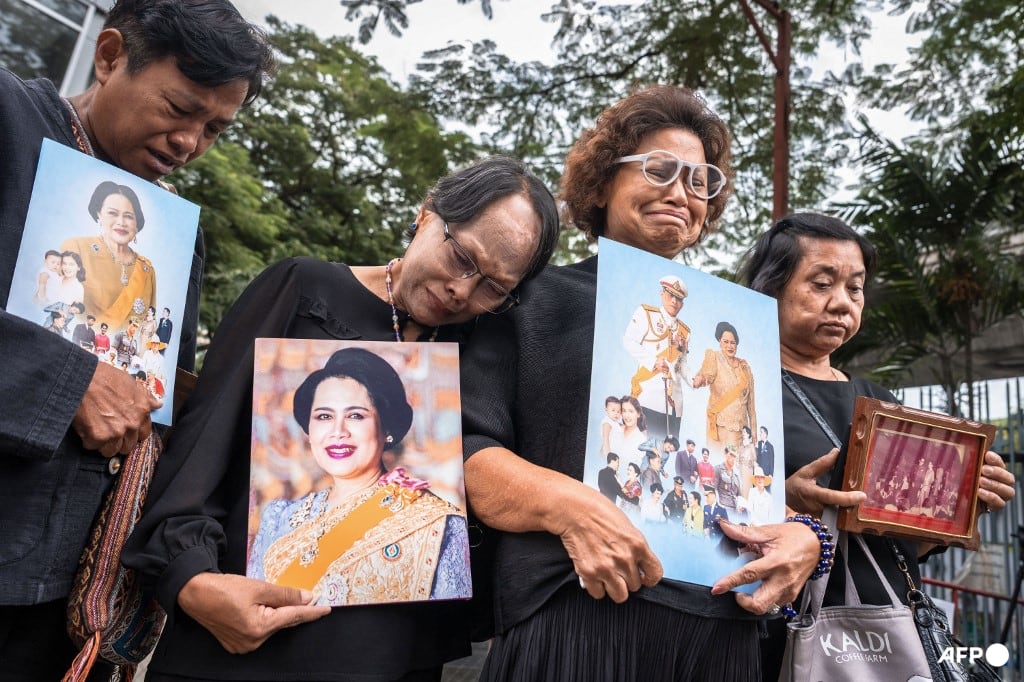
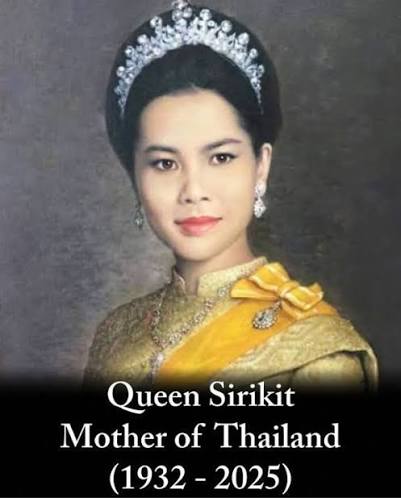
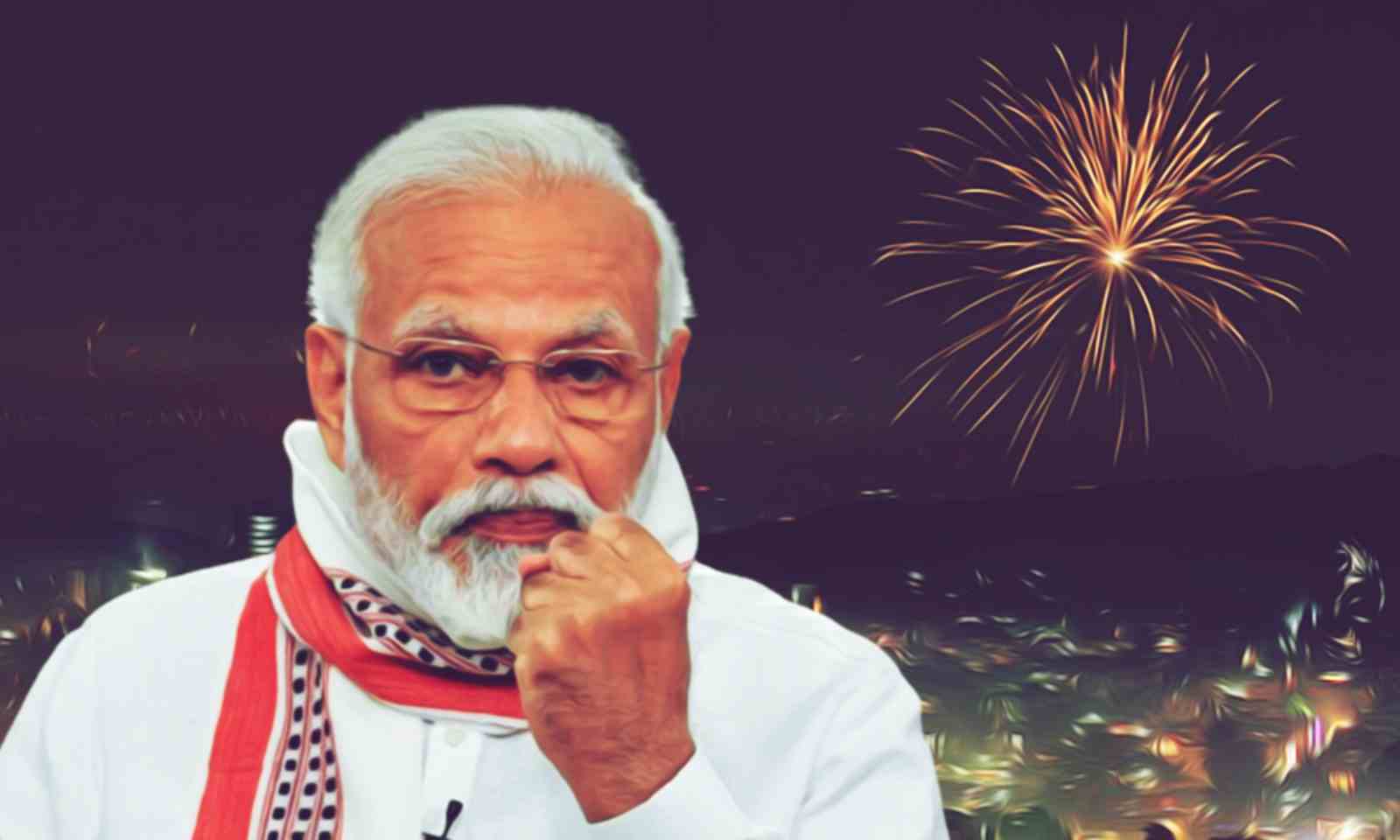

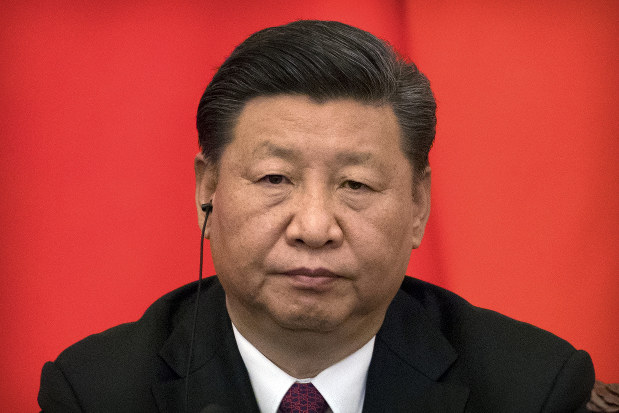
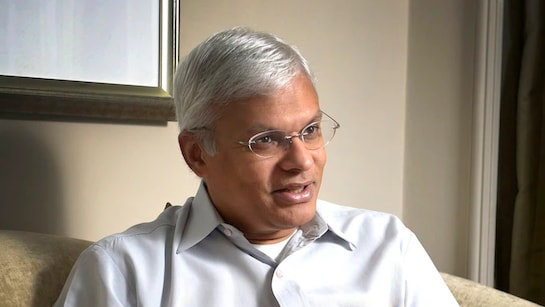
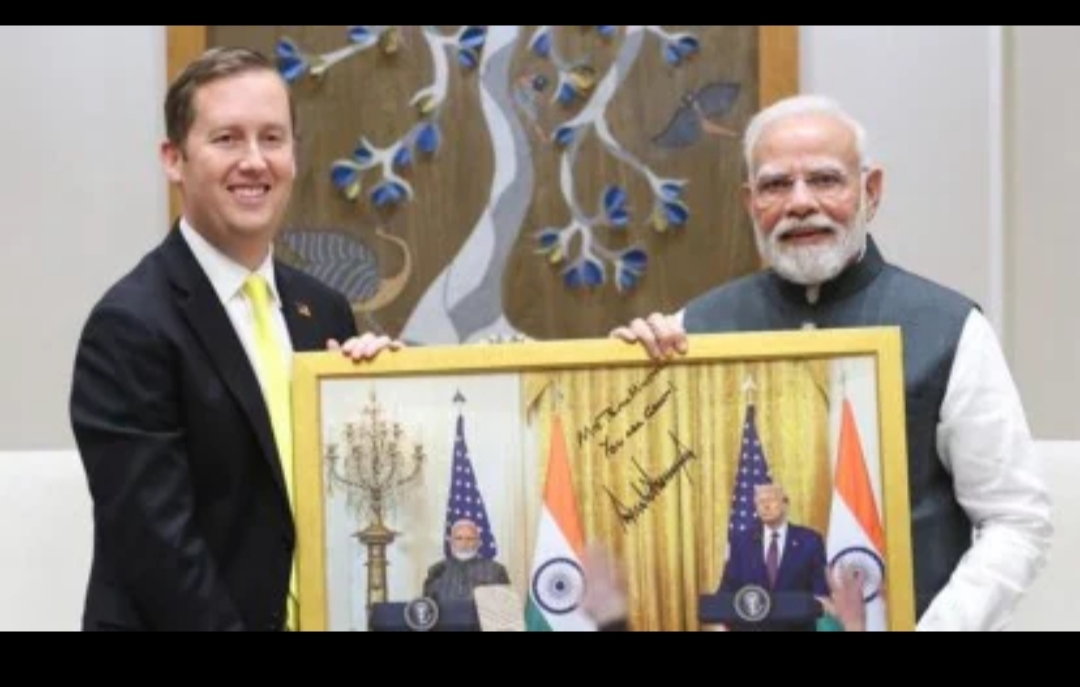
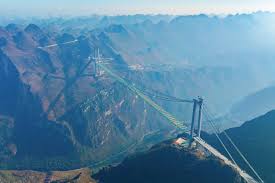
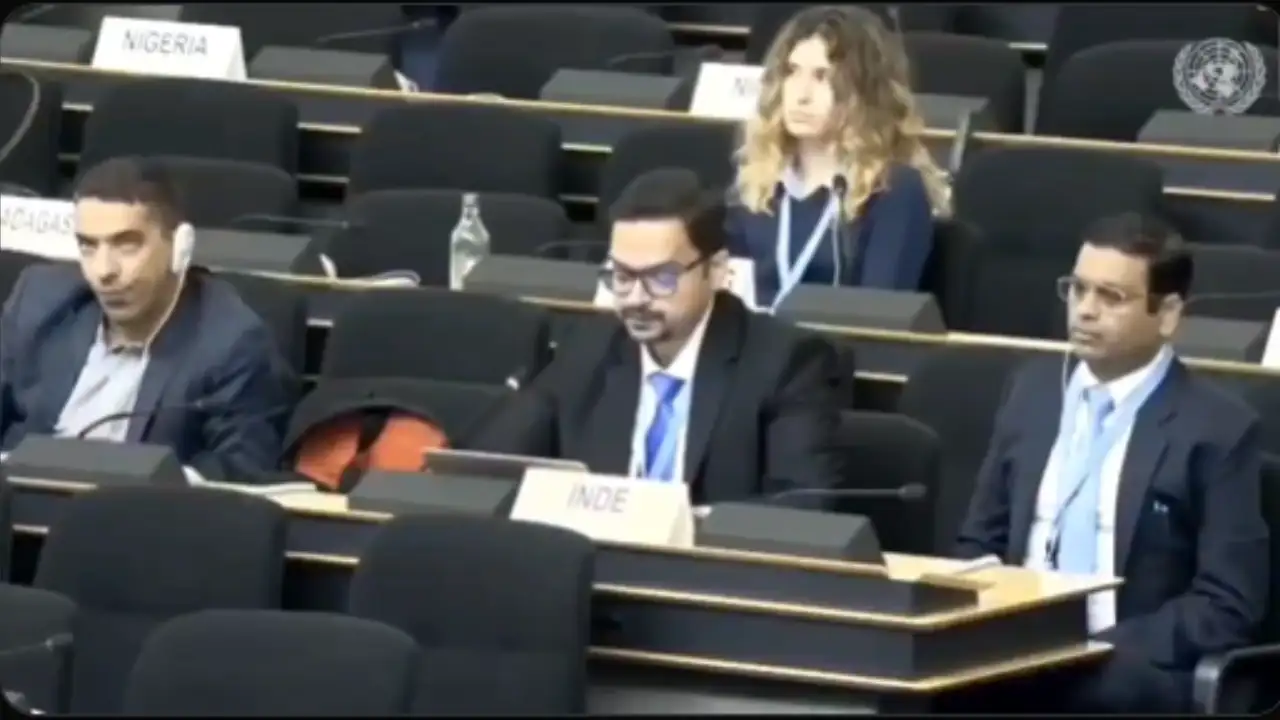

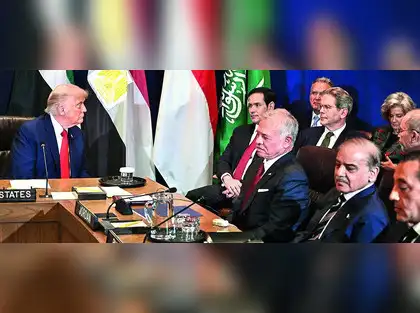






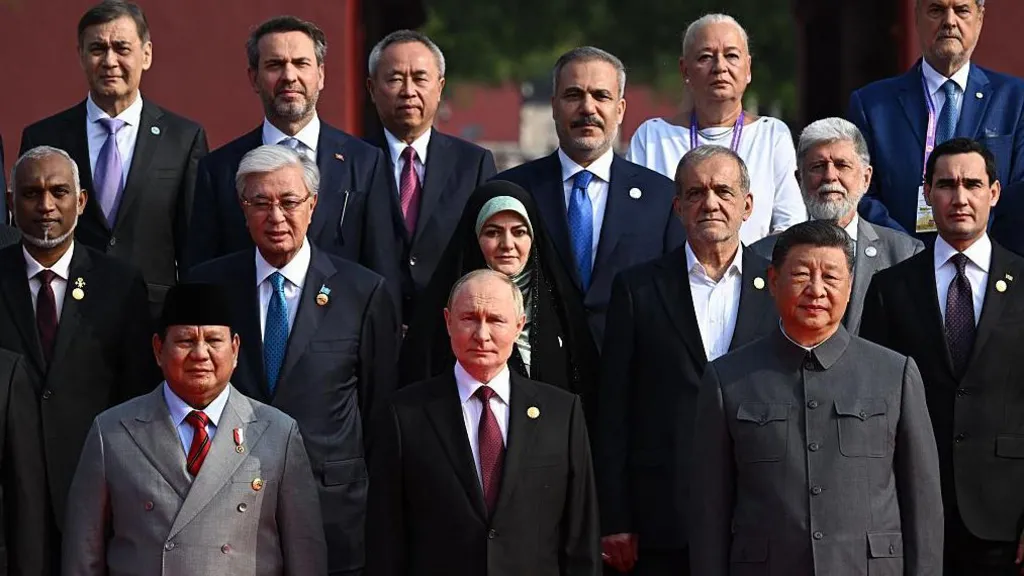

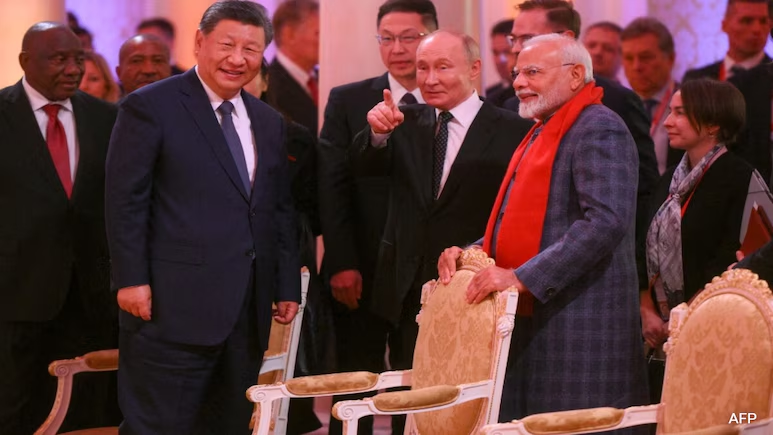


![Reliance Industries, led by Chairman Mukesh Ambani, has exported products made from Russian crude oil to countries that have sanctioned Russia, including the US [File: Ajit Solanki/AP Photo]](https://america112.com/wp-content/uploads/2025/08/AP24010199793503-1755298275.webp)



